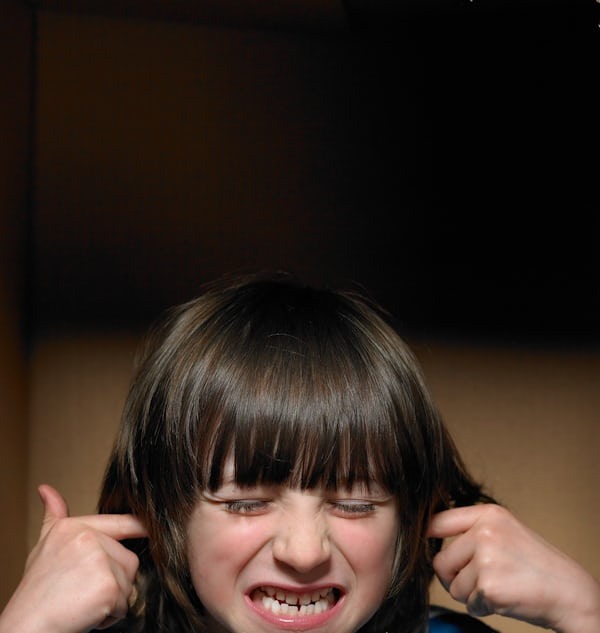
The High Cost of Noise: Why Silence May Be the Most Valuable Resource of the 21st Century
By IDEBA MICHAEL
In the early morning hours of a solo hike through the Smoky Mountains, I encountered something rare: complete silence. No buzzing phones, no overhead aircraft, no murmur of background conversation. Just the hum of wind in the trees and the distant tap of a woodpecker—nature’s own Morse code.
For a moment, it felt like stepping into another century. But the most surprising part? The silence wasn’t unsettling. It was clarifying. Restorative. And it made me wonder: In a world built on noise, have we undervalued the power of quiet?
Noise Is the New Norm
According to a 2022 Asurion study, the average American checks their phone 344 times per day—roughly once every four minutes. That same year, Nielsen data showed we consume about 34 gigabytes of data daily, the equivalent of reading 100,000 words. We exist in a constant state of digital overload, absorbing input from news feeds, group chats, podcasts, and background TV noise.
This isn't just a lifestyle issue. It's a health issue.
“Noise pollution is linked to cardiovascular disease, sleep disturbances, and increased stress levels,” says Dr. Mathias Basner, a professor at the University of Pennsylvania School of Medicine who studies the impact of noise on public health. “The long-term effects can be just as damaging as exposure to secondhand smoke.”
The Neuroscience of Silence
Ironically, silence isn't just the absence of sound—it's an active neurological state with significant benefits.
A 2013 study published in Brain Structure and Function found that two hours of silence per day prompted the development of new cells in the hippocampus, the brain region linked to learning, memory, and emotion. Another 2006 study from Duke University discovered that even brief moments of quiet can lower cortisol levels and stabilize heart rate more effectively than relaxing music.
“In silence, the brain is still working, but in a more reflective, introspective mode,” says Dr. Luciano Bernardi, a researcher at the University of Pavia in Italy, whose work explores how silence influences physiology.
In other words, silence isn’t passive. It’s regenerative.
The Commodification of Attention
Silence is also becoming increasingly scarce. In an economy built on engagement and clicks, noise has become profitable. The louder the alert, the higher the retention. The more we scroll, the more data we generate. Tech companies compete for our attention, turning our minds into a marketplace—and silence into a form of resistance.
“Attention has become the resource being mined,” says Cal Newport, author of Digital Minimalism. “To reclaim silence is to reclaim agency over how you spend your life.”
This cultural shift is evident in the rise of mindfulness apps, digital detox retreats, and noise-canceling headphones—an entire industry centered around regaining what we’ve lost. But the commodification of peace raises a bigger question: Why do we have to pay for something that should be freely accessible?
Relearning the Value of Stillness
We don’t need to move to a monastery to benefit from quiet. But we may need to change our habits. Experts recommend scheduling "silence breaks" throughout the day—short periods where we unplug entirely. That could mean turning off notifications for 30 minutes, stepping outside without your phone, or even just sitting with your thoughts before bed.
The goal isn’t to escape the world but to re-enter it more deliberately.
Silence also plays a crucial role in creativity and problem-solving. Some of history’s greatest thinkers—Virginia Woolf, Nikola Tesla, Albert Einstein—credited solitude and quiet with their breakthroughs. Today, tech CEOs and startup founders are embracing “Think Weeks,” where they disconnect from devices to spark innovation.
Perhaps we’re slowly waking up to a simple truth: In the stillness, we think clearer. We hear more. And sometimes, we heal.
A Vanishing Resource Worth Protecting
The World Health Organization considers noise pollution one of the top environmental hazards to health in Western Europe, second only to air pollution. Yet, unlike other public health issues, noise often flies under the radar—quite literally.
Maybe it’s time to start treating silence not as a luxury, but as a right. A resource that, like clean water or safe housing, everyone should have access to.
Because in a century defined by information and interruption, silence might just be our most valuable form of resistance—and renewal.
0 Comments Add a Comment?